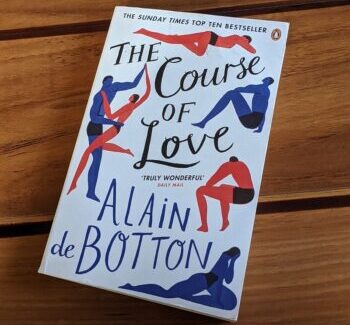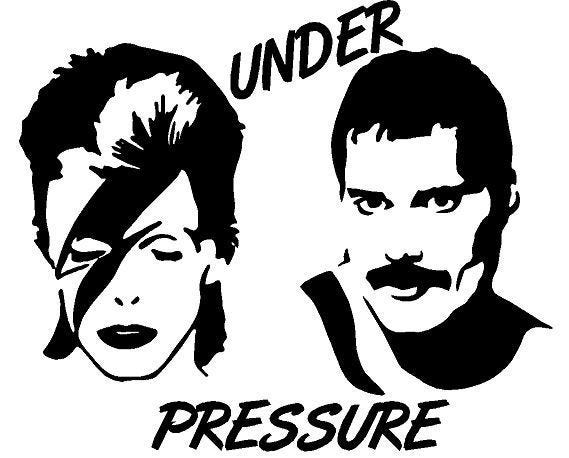
1. The Puzzle of Uganda’s Haves-ish (The tussle at the heart of Domestic Capital)
Right on Cue, as the drama of Vantage Vs. Patrick Bitature began to unfold, the sophistry of social media analysts rose to the surface. Thankfully, however, veteran journalist/social commentator Angelo Izama conducted a more incisive investigation of the actual implications and broader meaning of the tussle of capitalist allies turned adversaries. In two parts, he examines first, the apparent contradiction of “affluence without growth”, by tracking the story of the protagonist businessman through the lens of Uganda’s socio-political development, post-independence.
This analysis is brought full circle, in the second part, by deftly identifying the structural constraints to the thrift of domestic capital.
Are these the challenges of standing on the promises of socialist revolutionaries, maladjusted to the dictates of capitalism-oriented growth and development? Maybe a third part will address that.
2. Are we sitting on a powder keg? Will Uganda break?
Analyses of Uganda’s political landscape are often filled with concerning phrases like “state capture, “regime survival”, “cronyism”, “state fuelled corruption”, and as Andrew Mwenda likes to say “subterfuge”. The debate surrounding the accuracy/magnitude of the aforementioned claims started out mildly contentious but in recent times has become aggressively polarising. Reading Kaboggoza Kibudde’s article –The Road to Genocide– gives the dimension of the argument that Ugandans shouting over each other has the dangerous potential to collapse the entire project of effective nationhood, as we know it, by catalysing a final descent into chaos.
Relatedly, Mahmood Mamdani’s working paper — Beyond Nuremberg: The Historical Significance of the Post-apartheid Transition in South Africa (published in MISR Review-August 2016) in part, explores the pathways to politically fuelled violence, mainly as a function of elite dynamics and not popular sentiment. Even so, the existence of ingredients for mass violence mediated through the narrow interests of political competition is worrisome, regardless of how these ingredients can be activated.
3. Say Recession (and try to do it without crying)
Boomers will argue that they have successfully lived through a series of boom-bust economic cycles. But is anything ever the same. The global economic machinery, humbled by the hubris-induced crisis and recession of 2008, and the other bust occasioned by the ‘irrational exuberance’ of the 90s dotcom bubble ; is tentative about the imminent recession. This time, we can easily locate its cause as an ‘unforeseeable’ pandemic, compounded by the Ukraine-Russia war. Therefore, this recession is an orphan. Still, it is painfully unfolding, and energy prices ever-changing on boards of fuel stations, is a frequent albeit depressing reminder. In future, we shall evaluate the proposed remedies at national and global level.
4. READ: Ego is the Enemy — Ryan Holiday
I struggled to pick up this book because I am no fan of Hard Truths. Life is hard enough as it is. However, since the last book I read by the same author, titled, The Obstacle is the Way was such a useful manual for me, I read this one too. It is wonderfully written so in two short busts I was able to complete it. I don’t wish to spoil it, but I can at least say that Ego has the distinction of being toxic during both failure and success.
You can also Listen to the Author, a modern-day philosopher, on this Joe Rogan Podcast.
5. LISTEN TO: Daniel Caesar
When we weren’t paying attention, Slow Songs went out of fashion. Funny that, when you consider that as teenagers we carefully maintained CDs full of tear pulling slow songs. This was despite our lacklustre love lives. Daniel Caesar might have given us another chance to love love (songs), again.
(Start With: Get You OR Japanese Denim)


